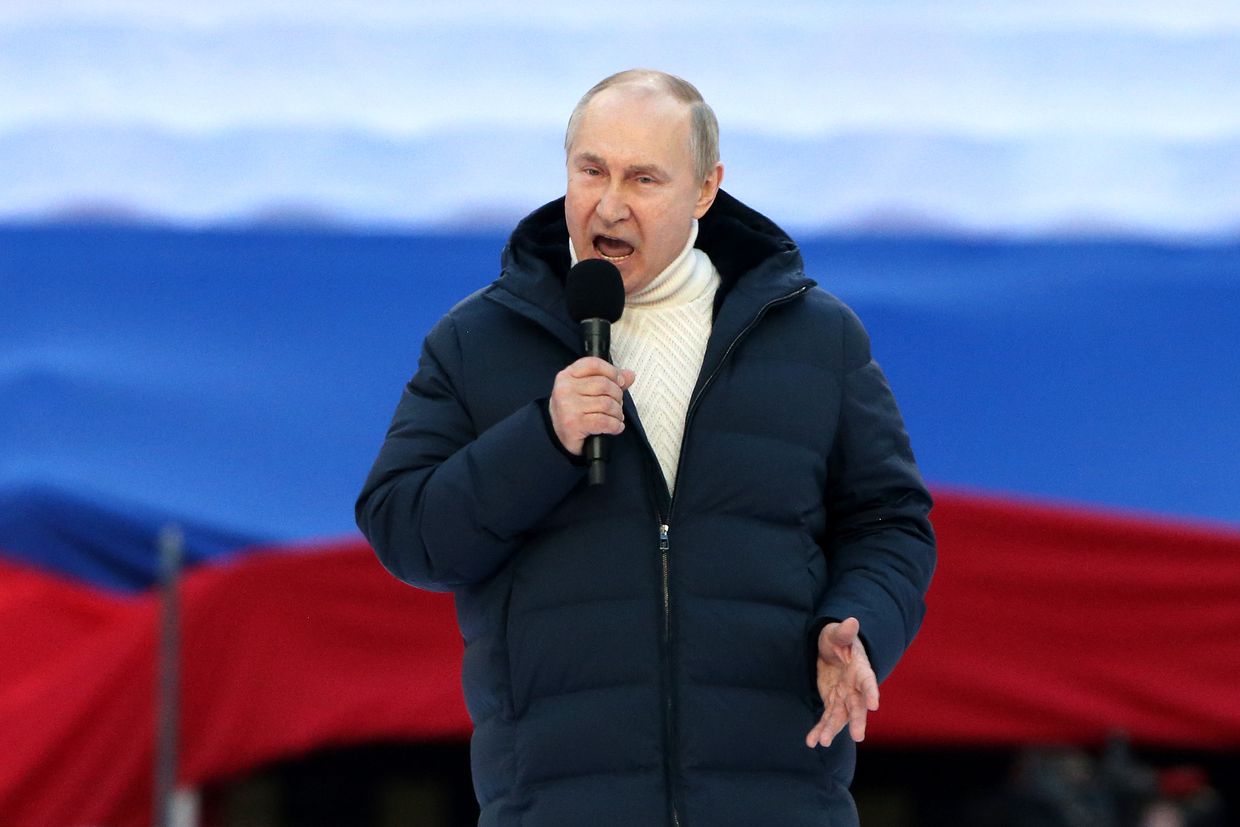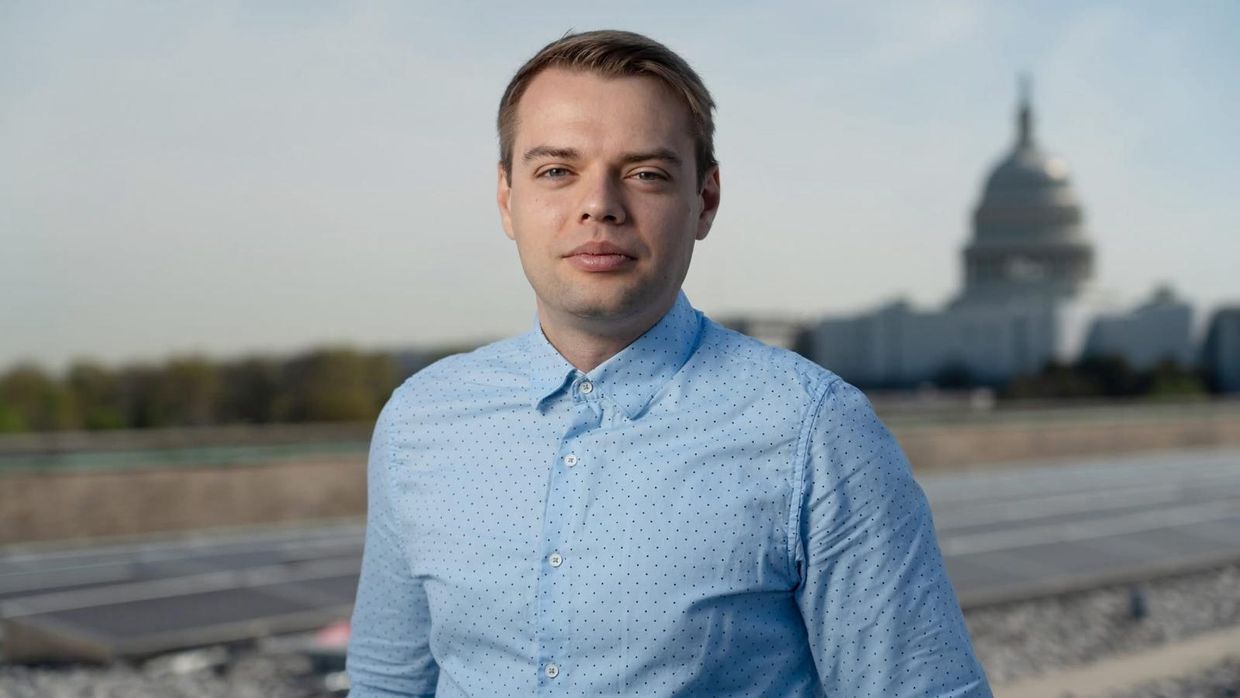After Russia unleashed an unprecedented third consecutive night of mass missile and drone strikes on Ukrainian cities, U.S. President Donald Trump said his Russian counterpart had gone "absolutely crazy" and could be triggering "the downfall of Russia."
In later comments, the U.S. president said he was "not happy with (Russian President Vladimir) Putin," and when pressed by reporters, he vaguely alluded to the possibility of imposing further U.S. sanctions on the Kremlin.
Yet one glaring fact remains — despite months of resisting Trump's peace process, the U.S. has yet to take a single concrete step to pressure Putin into ending his full-scale invasion.
"This is not the kind of diplomacy Trump promised when he talked about 'peace through strength,'" Daniel Fried, who served as U.S. assistant secretary of state for European and Eurasian affairs from 2005 to 2009, told the Kyiv Independent.
"It's the kind of weak diplomacy the Republicans used to make a meal of."
Fried and other former senior U.S. officials who spoke to the Kyiv Independent said that even after the Kremlin's repeated refusals to agree to a ceasefire and escalating Russian attacks on Ukrainian civilians, Trump's rhetoric remains disconnected from meaningful action — and his recent diplomatic overtures may have done more to embolden the Kremlin than to restrain it.
Ceasefire talks
As Ukraine and its allies intensified efforts to end Russia's war, Trump and Putin held a phone call on May 19, during which Putin once again did not agree to a full ceasefire, despite calls from global leaders to do so.
Instead of a ceasefire, Putin offered to negotiate a "memorandum regarding a potential future peace treaty" with Ukraine without any clear timeline.
After the call, Trump briefed European leaders on the conversation, who were reportedly "surprised" the U.S. president was "relatively content" with what he heard from Putin.
"Putin remains interested in continuing the fighting. He doesn't want a ceasefire," John Herbst, former U.S. ambassador to Ukraine and current senior director at the Atlantic Council's Eurasia Center, told the Kyiv Independent.
"He [Putin] would like to continue the war while not incurring any new American sanctions — and thus far he's winning."
"And Trump has enabled Putin to maintain that position."
Trump's description of the call as "progress" was also at odds with the Russian readout, which offered no substantive commitments and suggested only future discussions on terms — without any immediate ceasefire.
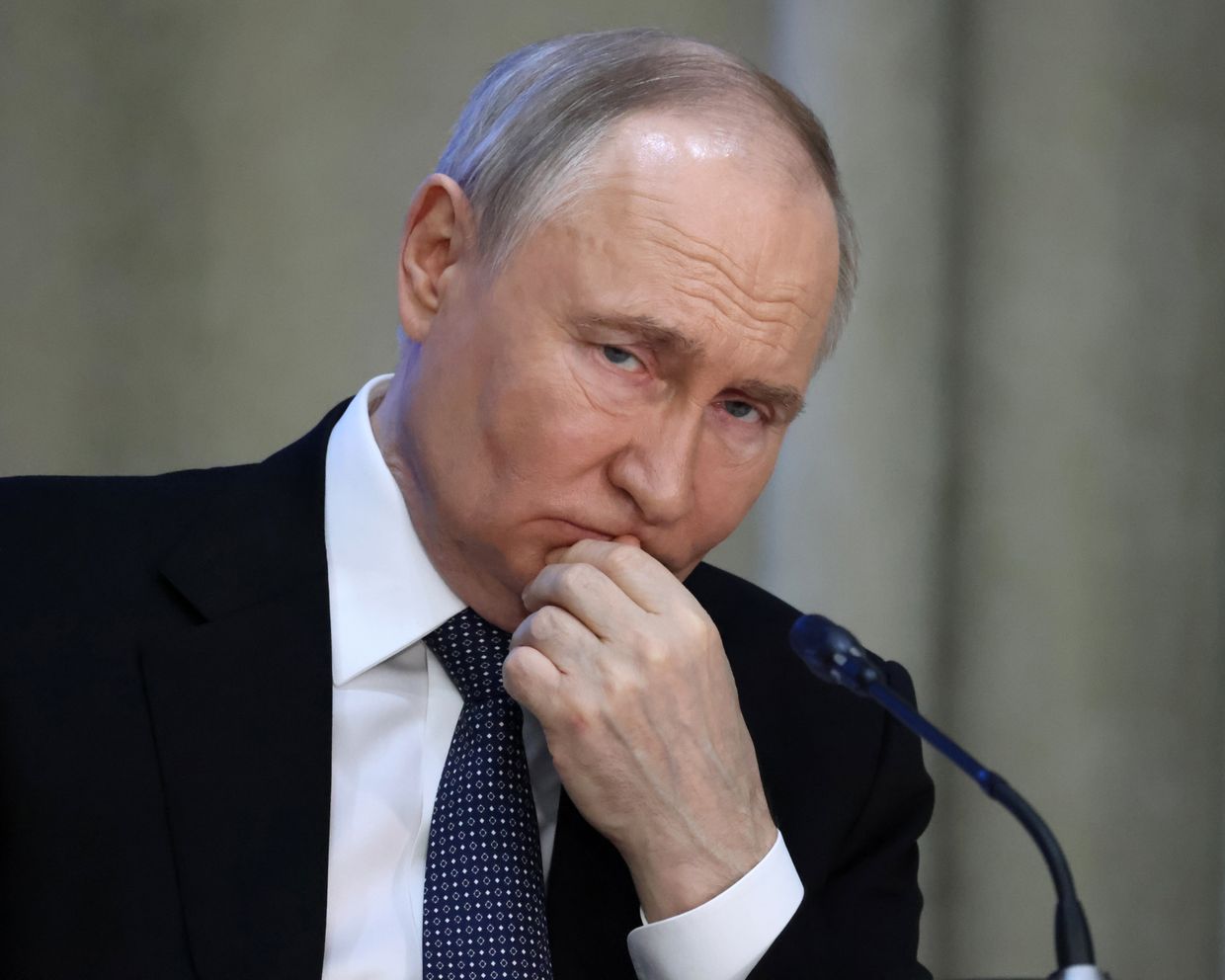
"This was a victory for Vladimir Putin. Vladimir Putin wants to continue the war," said Steven Pifer, another former ambassador to Ukraine and a nonresident senior fellow at the Brookings Institution.
"He would like to continue the war while not incurring any new American sanctions — and thus far he's winning."
What about the leverage?
All former officials interviewed noted that the Kremlin's demands remain maximalist and unacceptable to Ukraine.
Russia continues to insist on Ukraine accepting the loss of occupied Crimea, recognition of its occupation of four Ukrainian oblasts in their entirety despite Russia not fully controlling any of them, permanent neutrality for Kyiv, demilitarization, and regime change in Ukraine.
And while Putin has yet to offer a single concession that indicates any genuine intent for peace, Trump called the "tone and spirit of the conversation" with Putin "excellent," claiming "progress" was made.
In reality, Kremlin officials have since the call given up any pretense of being interested in negotiations with Ukraine, or in a ceasefire, with Russian Foreign Minister Sergey Lavrov last week saying "We don't want this anymore."
After the unprecedented mass attacks on Ukraine over the weekend, those who spoke to the Kyiv Independent question why the U.S. response has so far remained constrained to strong words on social media with no real concrete action.
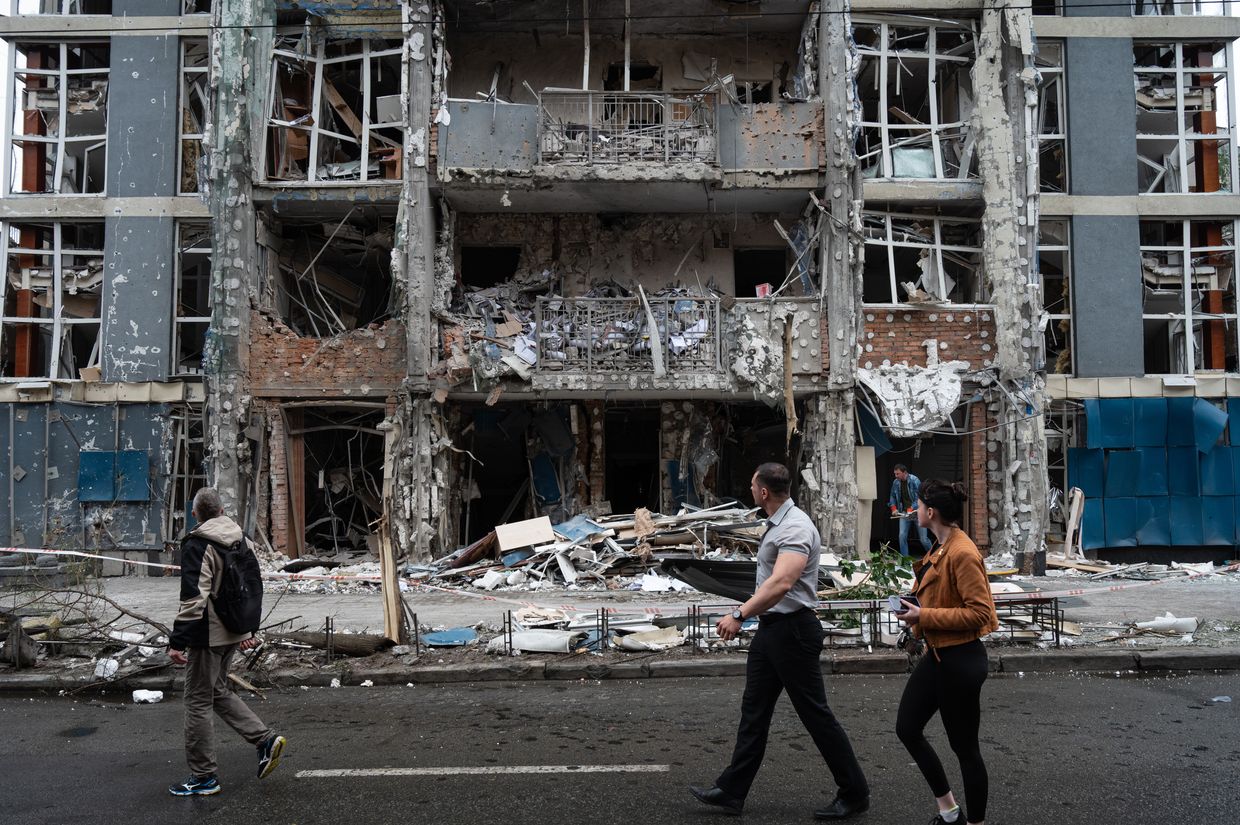
"Although Trump has substantial leverage that he could use to put pressure on Russia from things like tightening sanctions, moving to seize Russian frozen Central Bank assets, to giving or selling Ukraine more weapons, he's done none of that," Pifer told the Kyiv Independent.
"And Vladimir Putin doesn't care if Trump says he's unhappy about the slow pace of negotiations, as long as Trump does not take any steps to put pressure on Moscow," he added.
Fried agreed, stressing that the U.S. is the only player who can make a meaningful difference to Russia's approach.
"Without the threat of U.S. action, the Russians are not going to allow a ceasefire," he said.
"It's bad diplomacy to let Putin set the terms for talks or the schedule while he continues attacking Ukraine."
Fried also expressed dismay at what he sees as a squandered opportunity.
"The Russian economy is not in great shape. The Russian advances in Ukraine are slow and costly. This is the time to press our advantage, not let it leak away," he said.
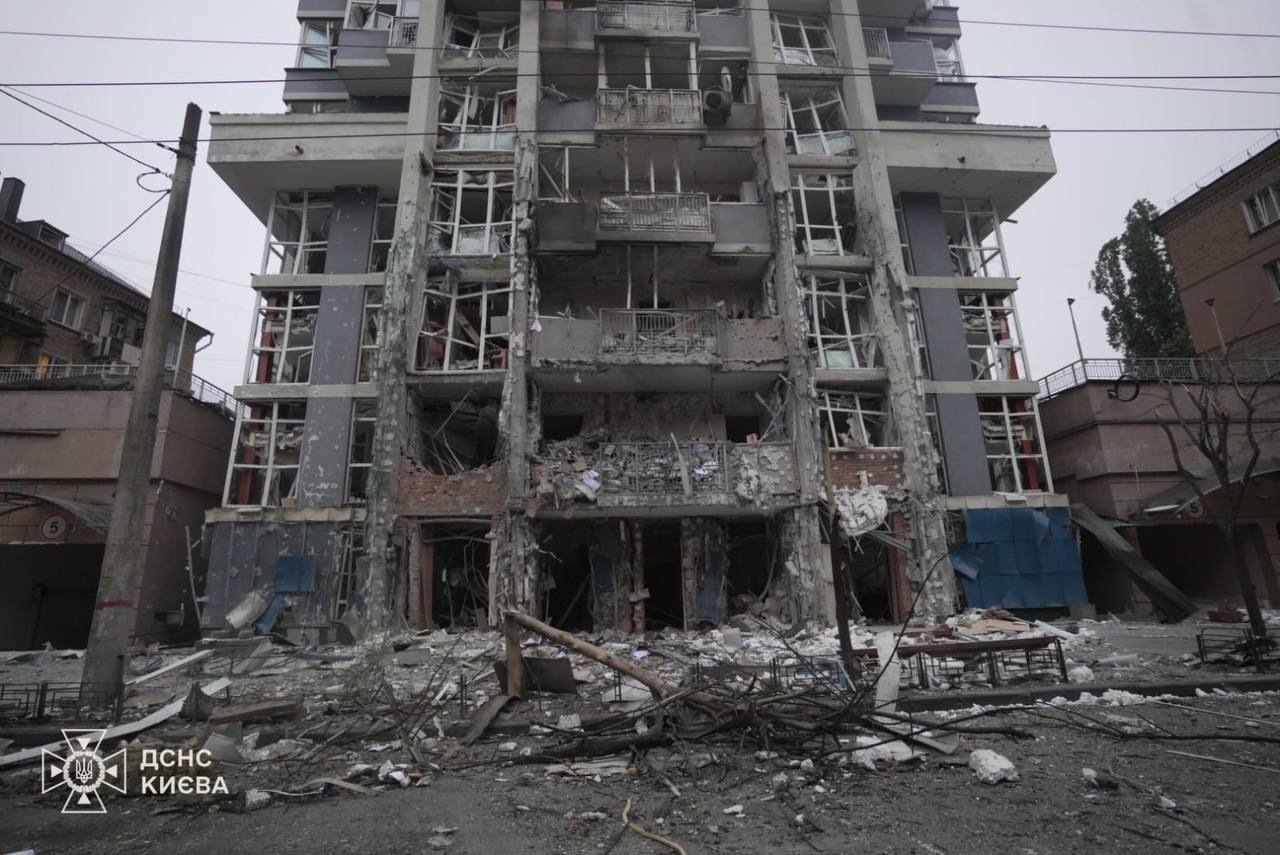
Europeans taking the lead
On May 26 it was reported that Trump is considering imposing sanctions on Moscow this week, but with nothing officially announced, and U.S. policy on Russia seemingly drifting, some suggest Europe may have to take the lead.
"We've now retreated from (sanctions)," Fried said. "It seems the Europeans and Ukraine need to figure out their Plan B, with an America that's sidelined itself."
Pifer also noted the contrast between early transatlantic unity and the current diplomatic incoherence. "I'd like to see the U.S. engaged in a positive and helpful way," he said, adding: "But I don't see that happening under Trump's leadership."
"It is not correct to say that the Ukrainians have no cards. They have arguably one of the best militaries in Europe."
The issue took on extra urgency on May 27 when it was reported that U.S.-EU negotiations on coordinating the enforcement of sanctions against Russia have failed, making a future united strategy against Moscow uncertain.
Former Assistant Secretary of State and Executive Director of the George W. Bush Institute David Kramer noted that while "Europeans still might move ahead with their sanctions, it's obviously much better if Europe and the United States are united on this."
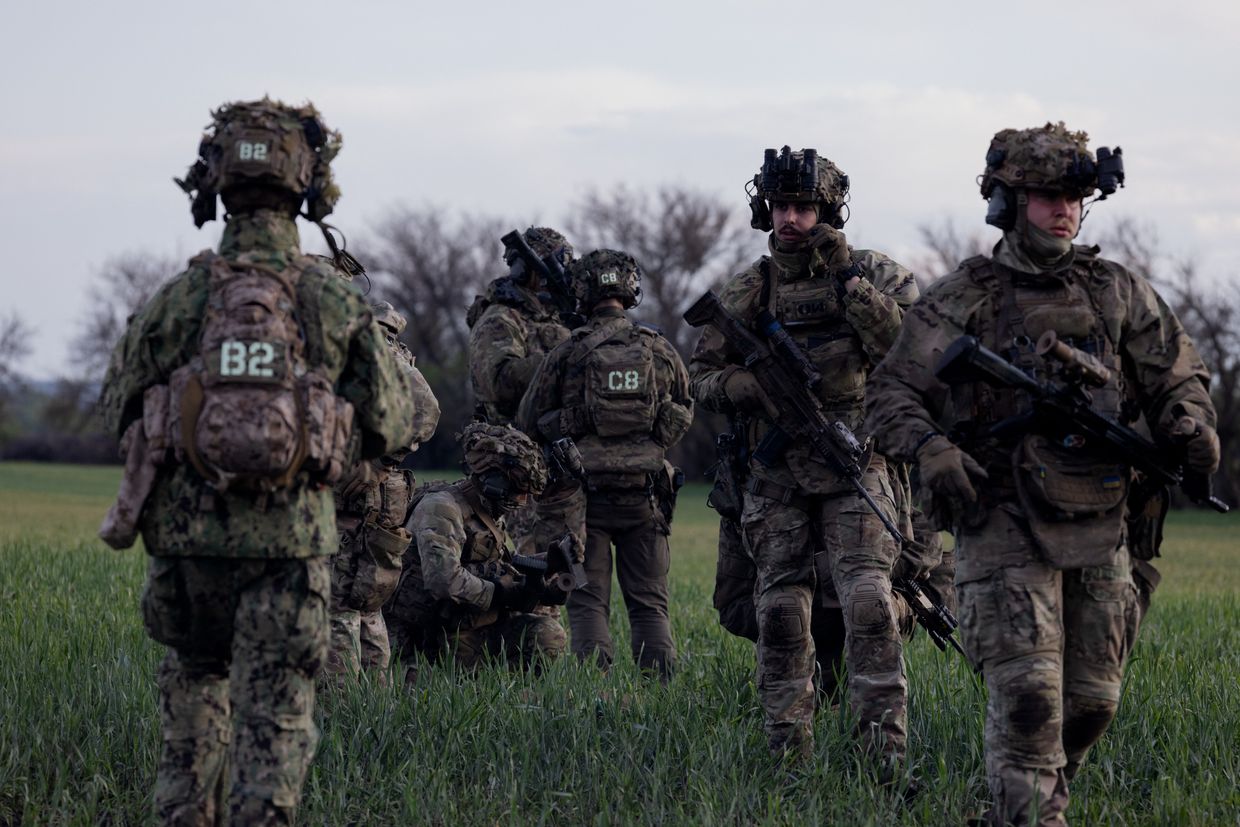
Kramer said the U.S. and Europe should impose additional sanctions and increase military assistance for Ukraine, putting Ukraine in a stronger position at the negotiating table when it comes to the real negotiations.
Referring to the remarks made in the Oval Office during the February meeting between Trump and President Volodymyr Zelensky — that Kyiv had "no cards to play" — Kramer firmly believes the opposite to be true.
"Ukrainians do have cards to play. It is not correct to say that the Ukrainians have no cards. They have arguably one of the best militaries in Europe," he said.
He added that Ukraine is in a decent position to negotiate, and they "don't need to argue from a position of weakness, but they do need the help of the West."
The former diplomats and officials still claim that there remains a sliver of hope — contingent largely on a shift in Trump's approach. Fried said Trump might grow "tired of being played" by Putin and eventually use the tools at his disposal.
Herbst expressed similar optimism. "If Trump does what he said he'd do — press the side that refuses to compromise — that could open the door to real peace," he said.
